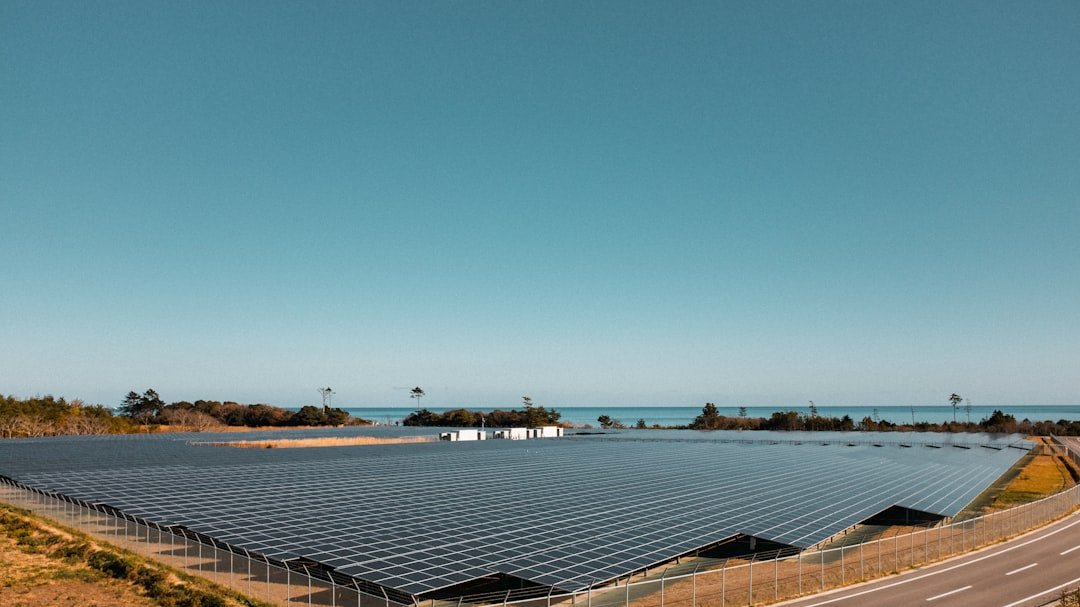
Solar power stands out as a highly effective and efficient resource, making it essential for households and enterprises worldwide to adopt it for long-term environmental health. An often-overlooked detail is that the sun’s energy reaching Earth in just one hour could potentially meet global energy demands for an entire year—a testament to its vast potential.
As a dependable and abundant resource, the sun offers a steady stream of power that we can capture through solar panels, leading to significant positive impacts on the planet and our energy consumption habits. This approach not only reduces reliance on finite resources but also aligns with broader efforts to combat climate change, as supported by reports from organizations like the International Energy Agency.
Despite criticisms that solar panels are costly and inefficient, extensive scientific studies demonstrate their value, showing that initial investments are offset by future savings. In fact, data from the U.S. Department of Energy indicates that homeowners can recoup costs within 5 to 10 years through reduced utility bills.
This article explores the key advantages of solar panels and underscores their critical role in today’s energy landscape, especially amid growing concerns over fossil fuel depletion and rising emissions.
Installation Process
Setting up solar panels is straightforward and typically handled entirely by experts, with professional installation services included in the purchase price. This setup is designed to be hassle-free, reflecting the premium nature of the product and ensuring safety and optimal performance from the start.
The entire procedure is efficient, often completed in just a few days, allowing immediate use of the system. Panels are commonly mounted on rooftops for maximum exposure, but options exist for ground-based installations if preferred, which might involve additional expenses and space considerations based on your specific needs and property layout.
Sustainable Energy Source
Among the standout features of solar energy is its status as a perpetually renewable resource, available everywhere on the planet and unaffected by depletion. Unlike fossil fuels, which are finite and dwindling rapidly, solar power offers an endless supply.
With the sun expected to shine for another five billion years, as confirmed by astronomical research, we have a secure energy future ahead. Transitioning to solar now not only safeguards against shortages but also supports global initiatives, such as the Paris Agreement, aimed at reducing carbon footprints.
Financial Considerations
Though the upfront cost of solar panels can be substantial, they ultimately lead to substantial financial benefits. By generating your own electricity, you’ll see a marked reduction in monthly utility expenses, with savings varying based on the system’s scale and your energy usage patterns, according to analyses from sources like EnergySage.
Moreover, in many regions, excess energy fed back into the grid can earn you credits or payments, turning your setup into a revenue-generating asset and enhancing overall economic returns.
Versatile Uses
Solar energy’s adaptability makes it suitable for a wide array of applications, from generating heat and electricity to powering off-grid locations like remote deserts. It can even purify water in areas lacking clean sources, proving its utility in humanitarian efforts worldwide.
Innovative products, such as solar-integrated windows, allow for seamless incorporation into building designs, expanding its reach. This flexibility is a major draw, encouraging widespread adoption to address diverse energy challenges and promote innovation in sustainable architecture.
Minimal Upkeep
Solar systems are designed for low maintenance, with any required upkeep being affordable and straightforward. Routine cleaning and checks can be managed for under fifty dollars, a fraction of what you’d pay for traditional electrical services, making it a cost-effective choice over time.
Manufacturers typically provide warranties lasting over 25 years, and while components like the inverter may need replacement every 10 years, the overall durability ensures long-term reliability and minimal disruption.
Technological Progress
The field of solar technology is evolving rapidly, with ongoing innovations boosting efficiency and performance. Recent advancements, including improvements in panel materials and energy conversion rates, have increased output by up to 20% in the last decade, as reported by industry leaders.
Investing in solar panels today positions you to benefit from these developments, ensuring access to cutting-edge solutions that enhance sustainability and energy independence.
In summary, solar panels offer compelling reasons for integration into daily life, from their aesthetic appeal to their role in fostering a greener planet. If environmental stewardship is a priority, embracing this technology is a wise and forward-thinking decision.




